Resources
The faculty, staff, and collaborators of the Tennessee Reading Research Center offer a variety of resources for supporting students, families, educators, and a variety of professionals.
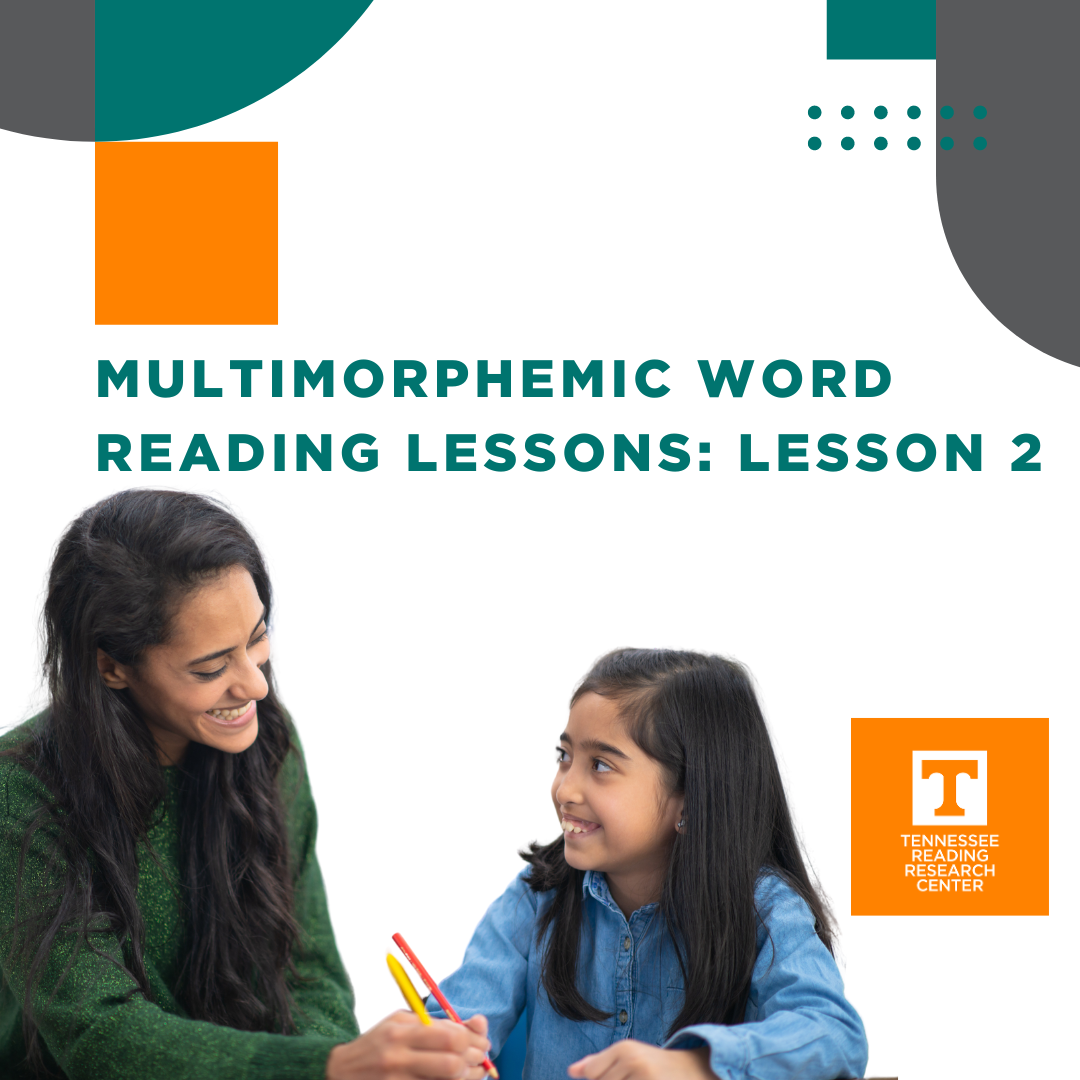
Multimorphemic Words: Lesson 2 (-ive and -en)

The following resource, created by Faculty Affiliate, Dr. Samantha Cooper, is intended for instructors and tutors working with students in Grades 3-5 who are experiencing difficulties reading long words. Lesson 2 of Unit 1 focuses on teaching suffixes -ive and -en and uses the peel-off strategy to pronounce and spell multimorphemic words.
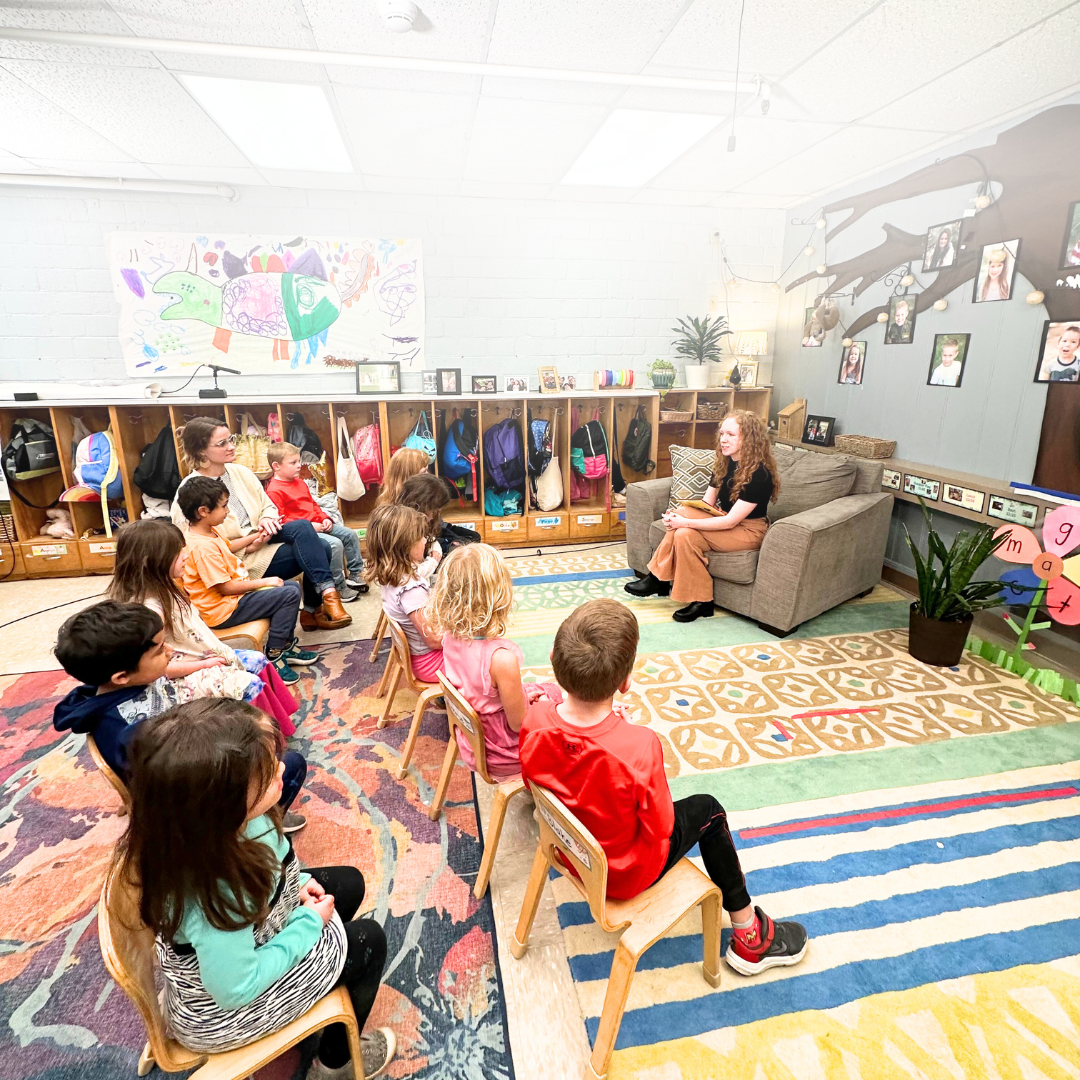
Demonstration of Theory of Mind in a Kindergarten Classroom

Watch a kindergarten class participate in a read aloud and answer questions related to Theory of Mind. Download Theory of Mind resources and get prepared to follow along.

Writing Mat 3a (Intermediate) and 3b (Advanced): Narrative Writing

Project Collaborator, Dr. Pam Bazis, has developed more handwriting mats for your child. Think narrative writing where a main character solves a problem!
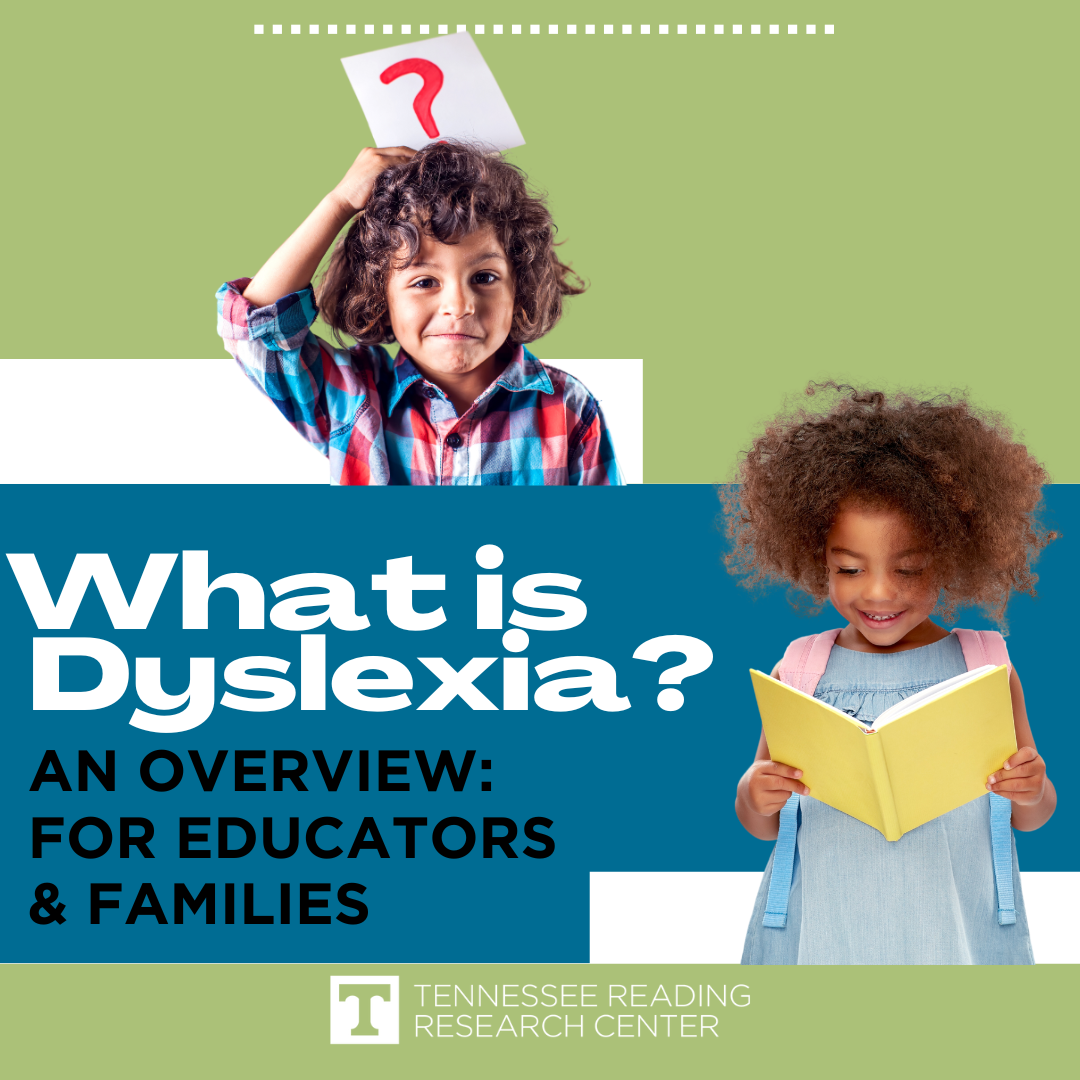
Dyslexia Overview Infographics: For Educators & Families

Faculty Fellow, Dr. Alexis Boucher has created two downloadable infographics. These offer a description of dyslexia and some trustworthy sources of materials and other information.
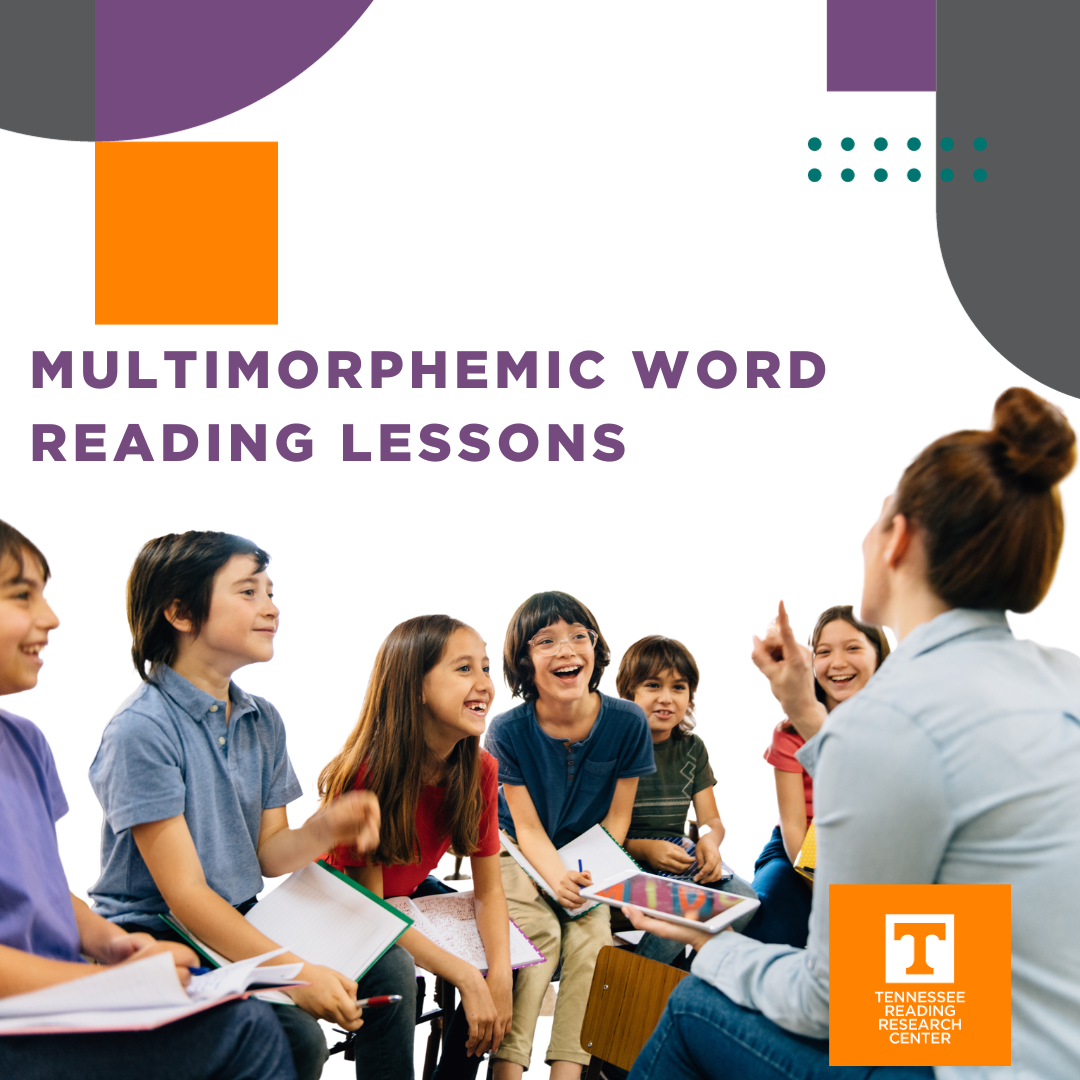
Multimorphemic Words: Lesson 1 (-ity and -ful)

The following resource, created by Faculty Affiliate, Dr. Samantha Cooper, is intended for instructors and tutors working with students in Grades 3-5 who are experiencing difficulties reading long words. Lesson 1 of Unit 1 that focuses on teaching suffixes and using the peel-off strategy to pronounce and spell multimorphemic words.

Writing Mat 2a (Beginner) and 2b (Intermediate): Narrative Writing

Project Collaborator, Dr. Pam Bazis, has developed more handwriting mats for your child. Think storytelling with guidance to get your student to enjoy the process!
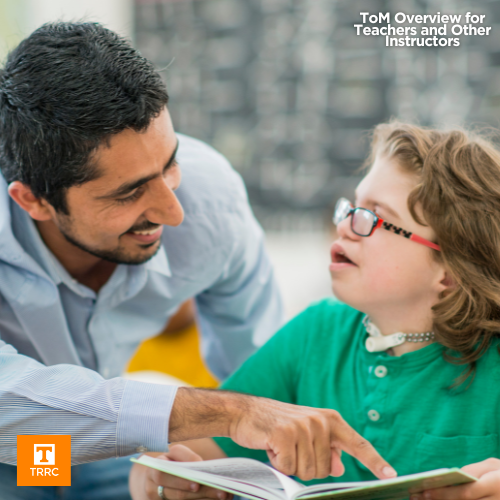
Theory of Mind Teacher Overview

K-3rd educators, looking for ways to assist students in language development? We have a Theory of Mind (ToM) resource for you, this downloadable resource was created by Dr. Kristen Secora, TRRC Faculty Affiliate.

Writing Mat 1 (Beginner): Sentence Writing

Handwriting practice and development can be fun! With this downloadable resource from TRRC Project Collaborator Dr. Pamela Bazis and accompanying video of instructions, you can encourage and support students as they practice their writing.

Theory of Mind Family Overview

Entering a new school year often involves checking children’s developmental milestones. One such milestone is learning Theory of Mind (ToM), or understanding how others think and feel. This downloadable resource was created by Dr. Kristen Secora, TRRC Faculty Affiliate, and is for K-3rd Grade Families.

Back to School R.E.A.D.Y.

Using the acronym R.E.A.D.Y, we created a downloadable resource to encourage reading habits. Click below and refer to this flyer as you head into the back-to-school season.

Printable Bookmark: Tips for Reading with Your Child

Reading with your child daily inspires a habit that can last a lifetime. It also builds skills and knowledge that are important for children’s success in school. Want some help to start? We have created a bookmark with tips in 12 languages for you to download.
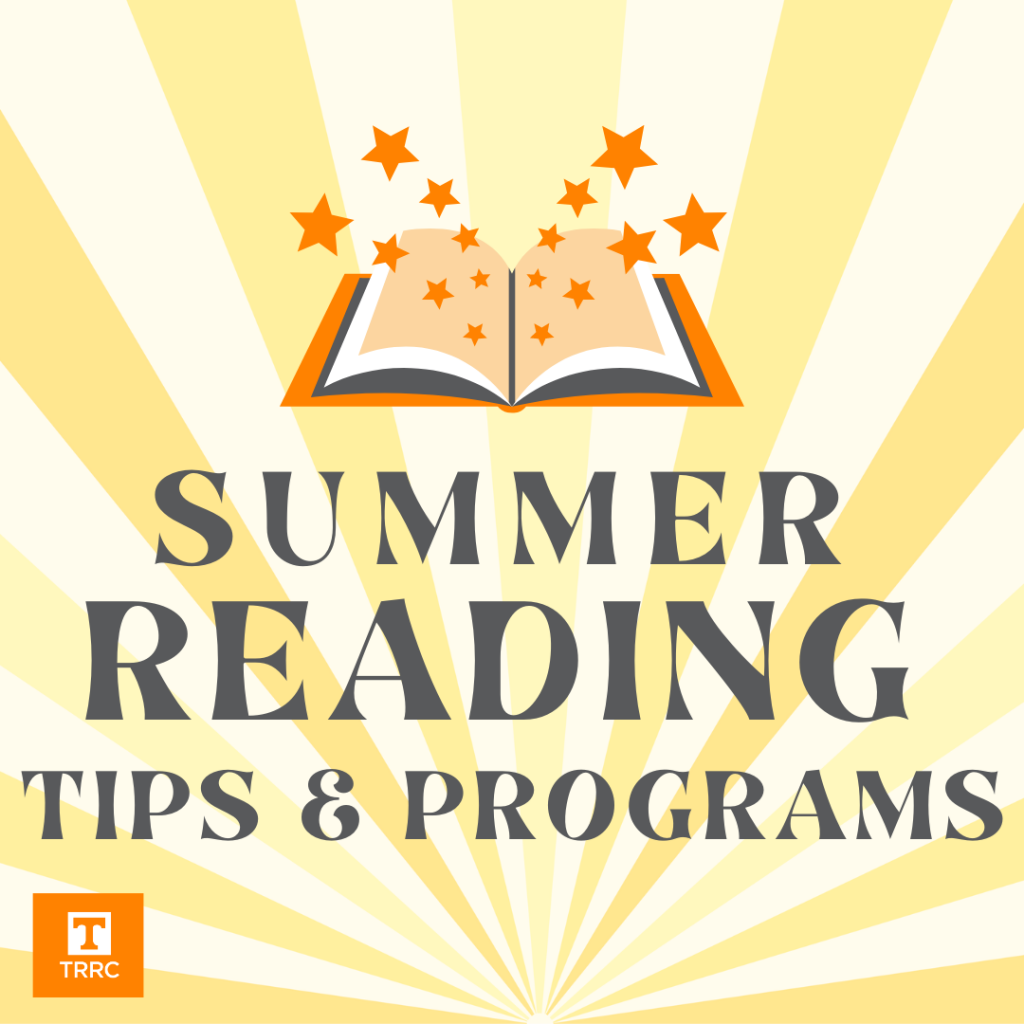
Summer Reading Tips

Summer programs include two types. Academically oriented programs offer formal reading instruction from a teacher or tutor. Whereas, recreational reading programs encourage students to read on their own or with a caregiver during a break. Examples of each are provided in this downloadable flyer – all are free, and many provide transportation and meals!
Comprehension Instruction Recommendations from the New IES Practice Guide (podcast)
Listen to the episode. In March 2022, the IES released a practice guide for teachers entitled “Providing Reading Interventions for Students in Grades 4-9” In this episode, four of the panelists who wrote this guide are interviewed, our own Dr. Deborah Reed, Dr. Jade Wexler, Dr. Kimberly St. Martin, and Dr. Joe Dimino. This episode is packed with takeaways for your classroom and make sure to check out the guide in the links below.
IES Practice Guide: “Providing Reading Interventions for Students in Grades 4-9”
Other IES Practice Guides
The Hallerin Hilton Hill Show: Deborah Reed and the TRRC (podcast)
Start here to gain an introduction to Dr. Reed abnd how the Tennessee Reading Research Center (TRRC) can be the leader for literacy in the state and nation. At the TRRC, Deborah Reed works to evaluate components around state legislation to help advance reading proficiency. Reed says the best approach to teaching literacy is systematic explicit instruction in foundational literacy skills.
